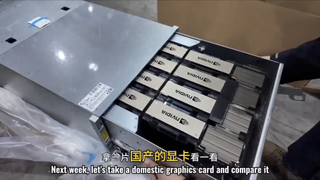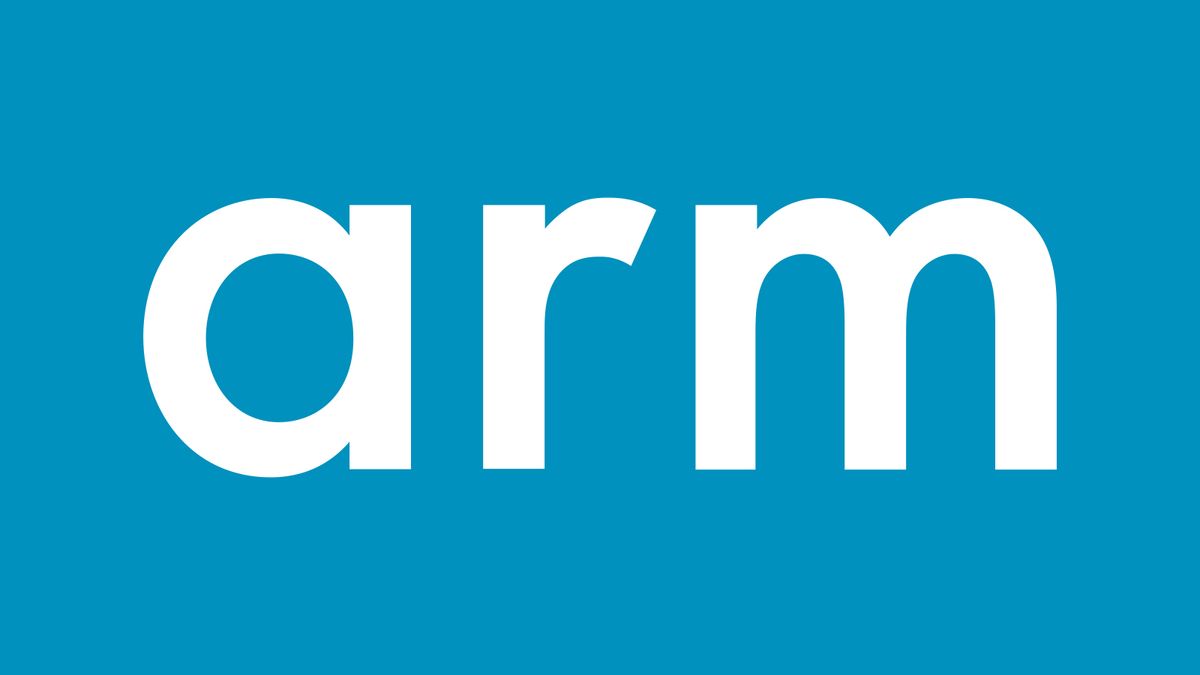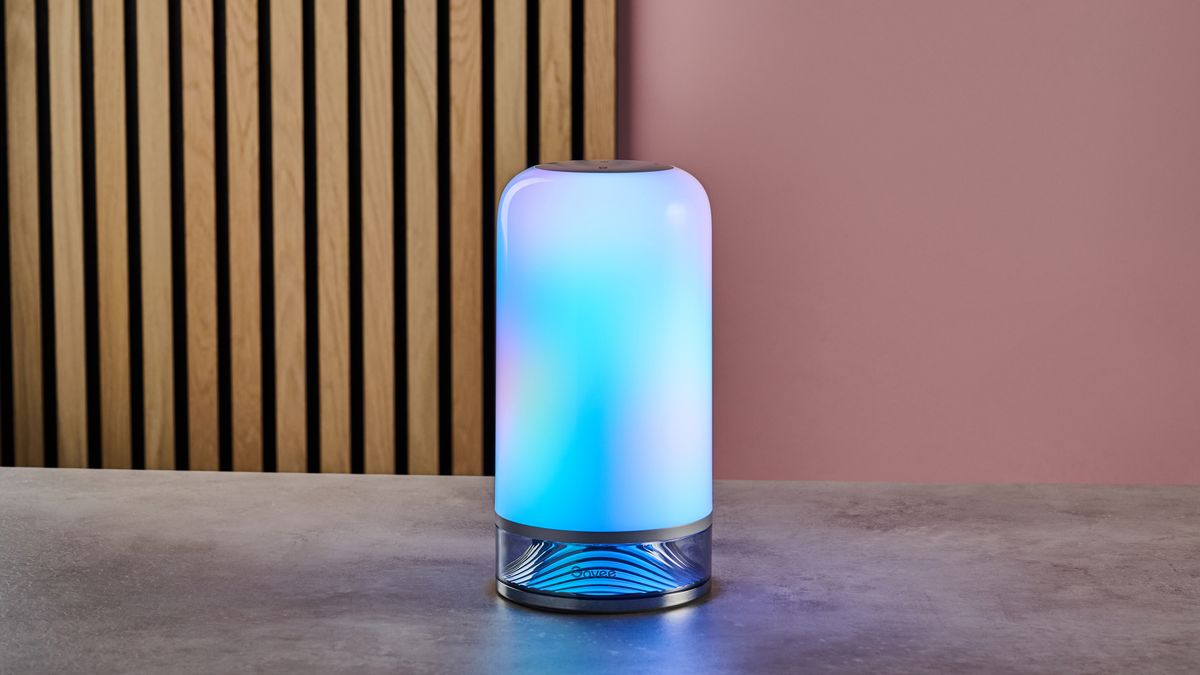Without obtaining an export license from the U.S. Department of Commerce, Nvidia cannot supply its high-end H100 and the latest H200 GPUs to China-based entities. This license will hardly be granted, at least not for hundreds of such GPUs. However, these GPUs are seemingly available in China, with one alleged businessman bragging that he had smuggled in over two dozen H200-based Supermicro servers with hundreds of H200 GPUs inside.
The unidentified businessman allegedly obtained as many as 25 Supermicro servers, each with eight Nvidia H200 GPUs, amounting to 200 Hopper GPUs. Two hundred H200 GPUs are not enough to train a sophisticated large language model, but they are good enough to conduct research by various research institutions and develop software at a startup. Companies can start developing their projects on smuggled H200 hardware and then run them in a remote cloud data center, again violating U.S. sanctions against China.
Due to overwhelming demand, Nvidia's H200 GPUs with 141GB of HBM3 memory are difficult to obtain. For example, a difficult-to-obtain H200 server can be obtained from a few U.S.-based companies. However, the estimated availability time is four to six weeks, and the price is never published. A baseboard with eight H200 GPUs in Europe can be ordered for $273,000, excluding VAT. A fully equipped H200 server probably costs north of $300,000.
A Chinese businessman shows off his newly acquired NVIDIA GPUs, even under the U.S. ban."It is indeed illegal, but violates the U.S. law. Trump will be furious about it, right?" pic.twitter.com/ADLfM8l7YIDecember 10, 2024
Despite U.S. restrictions that block China-based entities from acquiring advanced data center AI and HPC processors, a network of buyers, sellers, and couriers is circumventing these export controls on Nvidia GPUs. As of this past August, over 70 distributors openly marketed these restricted processors online, with many offering delivery of separate GPUs or even servers within weeks.
Nvidia supplies its H100 and H200 processors to companies like Dell, HPE, and Supermicro, which build and sell AI servers. These firms may order surplus processors, which can end up in unofficial channels. While all companies claim to follow U.S. export controls and address illicit activity when and if discovered, their sales to smaller resellers can escape their oversight and end up in smuggling networks.
Smuggling in a processor about the size of a Nintendo Switch from Singapore or South Korea to China is relatively easy, even without a sophisticated network. Another thing is transporting a server that weighs tens of kilograms to the People's Republic. However, smuggling batches of 8-way Nvidia H200 machines indicates a perfectly working distribution system.
Since we are dealing with Supermicro machines, we can only conclude that even after the U.S. government started a probe into Supermicro for alleged violations of sanctions against China and Russia, the company's AI and HPC servers based on restricted Nvidia processors continue to be shipped to China in mass quantities, possibly through various intermediaries willing to profit from hardware that cannot legally be supplied to the vast majority of Chinese entities.

 1 week ago
3
1 week ago
3









 English (US) ·
English (US) ·